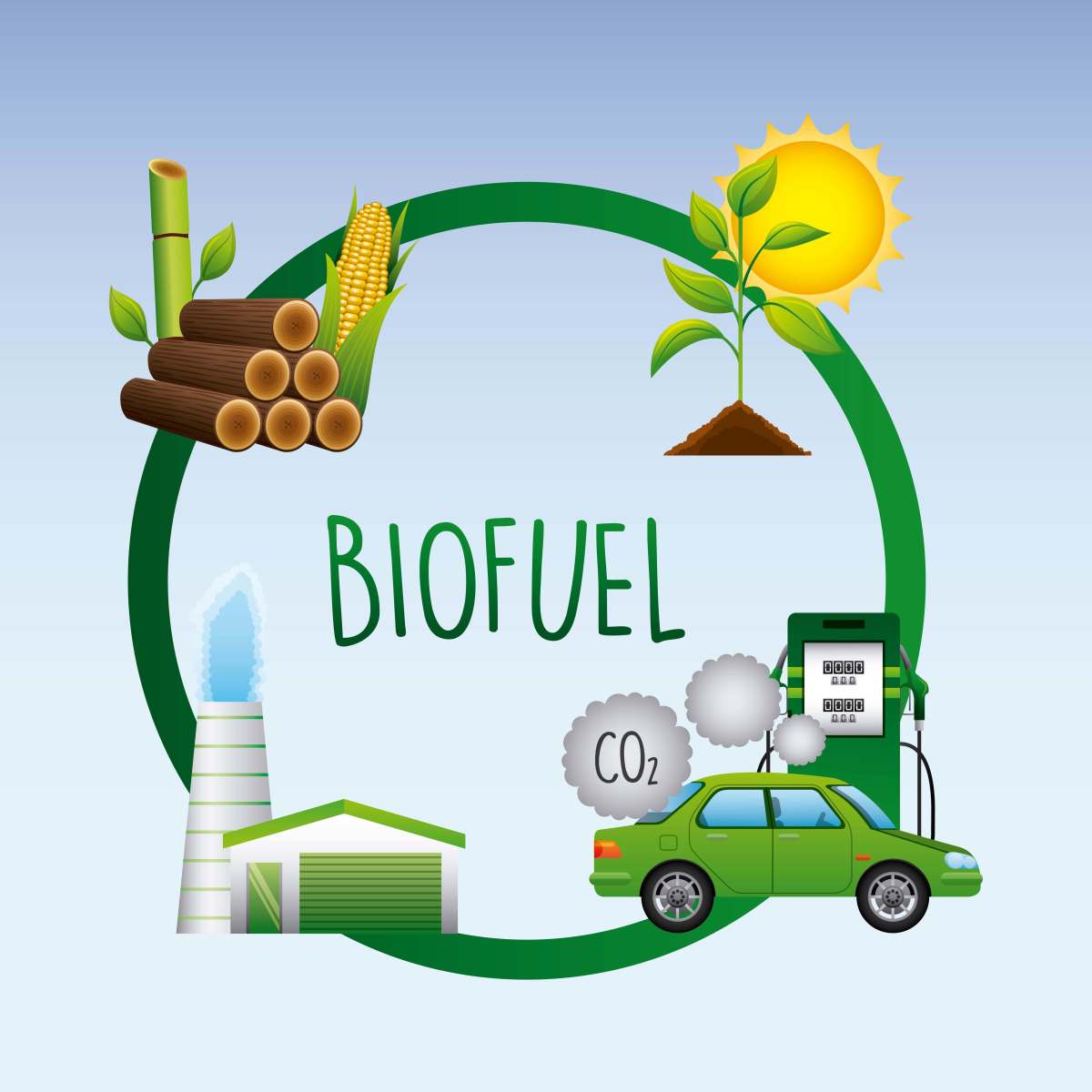Sustainability as a business principle

Sustainability isn’t some sort of myth from the back of a How To manual on green politics. It’s a working business principle and a high value option for major businesses. The idea is based on supply chains, not rhetoric.
The most basic concept in sustainability is that resources must be viable. Not too hard to understand, is it? If you look at the carnage in fisheries, logging, and monoculture agriculture, you shouldn’t need any more information about that.
Here’s non-sustainable industry at work:
Grain
It takes 12lb of soil to produce a loaf of bread? That’s a figure derived from an efficient wheat industry, the Australian wheat growing sector. The reason? Lousy soil maintenance as a result of not allowing the growers to do more and making them dependent on very variable commercial cycles. Fertilizers are used on phosphate-poor soils, they get taken up by the plants, and then the cycle starts all over again. Good soil maintenance would reduce costs to growers, distributors and consumers across the board. Other grain crops are equally stressed, both in production and in the supply chain.
Fisheries
Fish stocks have deteriorated so badly that things which would never even have been considered worth catching are now staples. By catch through nets and long lines destroys the supporting ecosystem for the bigger fish. Result, fewer fish, lower returns and higher costs. Simply restocking the fisheries costs absolute peanuts. You could have billions of fish using sustainable methods.
Heavy industry
Mass production is supposed to be cost-effective. Whatever the product, it’s supposed to get on the market at a workable price. A lot of absolute garbage is getting on the market at low prices, but check out the big stuff. The auto industry is persisting with the ridiculous internal combustion engine. That technology is barely removed from Henry Ford’s basic model, just with more power. It’s a fossil. It’s also expensive to produce. Furniture is now a choice between true crap and hideously overpriced, rare timber and fabric products.
Who lives to buy furniture? At this rate you could have to take out a mortgage on your bed. Reason, as usual, diminished resources. Increased production costs because nobody can be bothered to come up with better production designs. It’s not actually illegal to produce high quality products, but you’d think so.
Timber
Timber is a classic case of waste incarnate in terms of resource management. Imagine this scenario- A logging company in the middle of some of the world’s best timber. Having been weaned off logging old growth forest with painkilling subsidies, they then decided to produce wood pulp. The lowest common timber product on the market, and one of the most competitive. Result, the company crashed. They had a unique, high value sustainable product with no competition, and they blew it. They were killed in the pulp market by competition and too stupid to even recognize the value of their own core product.
Food
Question- Is it good or bad ag-business to produce only one crop?
Answer- It’s commercial suicide. The markets can rip the guts out of your prices on a whim, and regularly do. “Sustainable” in business terms, it’s not. Even good growers get hit hard.
Food production is anything but efficient in commercial terms. Growers weren't trained to diversify or develop new options. That's comparatively recent, and a lot of the growers still haven't got the business message.The competent growers invariably do diversify, the idiots don’t. The idiots also tend to go out of business in a haze of debt and hideous balance sheets.
The sustainable approach
This is where sustainability in practice is most easily seen. A farmer needs to generate reliable income. The sustainable version of a commercial operation may be quite different from the crops the farmer is “supposed” to grow. Many grain growers, in fact, diversify as fast as possible into other cash crops as insurance. Their markets can be lethal to their bottom lines.
They also invariably move over to sustainable growing methods. For instance- Growing anything requires water. They remodel their farms for water efficiency to protect their cash crops. Then, in many cases, they apply this approach to their staple crops. This usually requires some figuring out to get water and yields in synch, but it’s always doable, and usually done ASAP.
Irrigation is a good example here. In Queensland, irrigators were faced with the worst drought in Australian history in the early 2000s. The big rivers were chains of puddles. (Imagine the Mississippi in that condition, and you’ll get the idea. It was as much fun as it sounds.)
The growers managed to actually cut water consumption by 20% under these appalling conditions. They saved their crops and their bottom line. They also saved their lenders and customers a trip to the cleaners, and not metaphorically. That’s sustainability at work. It’s practical. It secures resources and develops commercially viable options.
“Sustainability on principle”? Yes.
The brutal fact is that sustainability is now a synonym for commercial viability. The misuse of resources and failure to secure supply chains is an ongoing train wreck in most industries. It may not be obvious, but see where the costs go up and you’ll find the problems.
· You can’t do business if you’ve got nothing to do business with.
· You can’t make money when scarcer resources are eating your profits.
· You can’t sell what you don’t have.
· You can’t buy what your suppliers don’t have.
No brainer?
Yep.
When you see the word sustainability, just remember that it’s not a buzzword. It’s a survival tool, particularly for businesses.






